The guinea pig (Cavia porcellus) is a very popular pet in Australia. In this article we will discuss guinea pig health, guinea pig vet care, and what you need to know about looking after guinea pigs. Here we provide you with some important information about keeping guinea pigs so you will know how to take care of a guinea pig and give your companion the life that it deserves.
A member of the rodent family Caviidae, there are many different breeds with a variety of coat types and colours.
The most common coat type is the short, smooth coat, which is what most people think of when they picture a guinea pig. There are also longer-haired varieties, such as the Peruvian and the Sheltie, as well as rough coated breeds like the Abyssinian and Teddy. The colours of guinea pigs’ coats can range from white to black, and everything in between. Some of the more unusual colours include roan, silver, and brindle.
Guinea pigs are interesting creatures. They have two types of faeces – the firm dark pellets that you see in their enclosure, as well as a soft, lighter coloured faeces called cecotropes. You won’t often see the cecotropes because guinea pigs will eat them (a behaviour known as coprophagia) directly from their anus. While this may not seem appetising to us, guinea pigs actually derive a lot of nutrients from their faeces that they would otherwise miss out on. This includes vitamins B and K, which are essential for their health. They also obtain good bacteria which is important for good digestive health.
The average lifespan of a guinea pig is 5 to 7 years, but some have been known to live as long as 10 years. Like any pet, their life expectancy can be affected by a number of factors, including diet, exercise, and genetics. So if you’re thinking of getting a guinea pig, be prepared for a long-term commitment and be ready to learn all about taking care of guinea pigs.
The difference between a regular vet and a guinea pig vet
When it comes to the health of your guinea pig, you want to make sure they’re getting the best possible care. That’s why it’s important to know the difference between a regular vet and a guinea pig vet.
A regular vet may not be familiar with the specific needs of guinea pigs. They may not know how to properly handle them or what kind of medical care they need. A guinea pig vet, on the other hand, has specialised experience in caring for them. They’ll know how to handle them properly and what kind of medical care they need.
So if you’re concerned about your guinea pig’s health, be sure to take them to a vet that has both experience and a special interest in their care. That way you can rest assured that they’re getting the best possible treatment.
What do you need to look after a guinea pig?
When it comes to caring for guinea pigs, Australia has plenty of pet stores where you can find a variety of enclosures, toys, bedding options and food for guinea pigs. They need a large enclosure with plenty of space to roam and play. Guinea pigs are very active, so make sure their cage has plenty of toys and hiding places. They should be provided with bedding such as paper or hay, which should be changed frequently. They require a healthy diet of hay, fresh vegetables, pellets and clean water. Guinea pigs are also social creatures that need companionship, so you should interact with them often.
Dietary requirements of guinea pigs
If you are wondering how to look after a guinea pig, the good news is that they are relatively easy to care for compared to other pets, but they do have some specific dietary requirements so you need to know what to feed guinea pigs. Domestically bred guinea pigs are herbivores so they need to be provided with suitable food. When it comes to guinea pig care, Australia has all a guinea pig needs for a balanced, healthy diet. A guinea pig’s diet should be high in fibre and consist mostly of hay, fresh vegetables, and a small amount of guinea pig pellets.
Hay is essential for a guinea pig’s digestive health, and should make up the majority of their diet. Fresh vegetables are a good source of vitamins and minerals, and should be offered daily. Guinea pigs require a diet high in vitamin C so they should be fed foods rich in this vitamin, such as kale, spinach, parsley, capsicum and oranges. Pellets should be given in small amounts, as they are high in calories and can cause weight gain.
A guinea pig’s diet is critical to their health, so it’s important to make sure they are getting everything they need. By following these guidelines, you can help your guinea pig stay healthy and happy!
Health problems in guinea pigs
Guinea pigs are susceptible to a number of health problems, many of which can be prevented with proper care.
Respiratory problems
Respiratory infections are the most common type of illness in guinea pigs, and they can be fatal if not treated promptly. The symptoms of a respiratory infection include wheezing, sneezing, and difficulty breathing. If your guinea pig is showing any of these signs, take them to the vet immediately.
Gastrointestinal problems
Gastrointestinal problems are also one of the most common health issues in guinea pigs. These issues include diarrhoea, constipation, and gastrointestinal stasis.
Diarrhoea is usually caused by a change in diet or stress. If your guinea pig has diarrhoea, it is important to increase their fluid intake and give them plenty of hay to eat. You should also contact your veterinarian as soon as possible.
Constipation is often caused by a lack of fibre in the diet. If your guinea pig is constipated, you should increase their fibre intake and give them plenty of water to drink. You should also contact your veterinarian if the problem persists.
Gastrointestinal stasis is a serious condition that can be life-threatening. Common causes of GI stasis include inadequate nutrition, not having enough food in the digestive tract or an obstruction in the digestive tract. If your guinea pig has this condition, it will show signs such as anorexia (not eating), not drinking, lethargy and not passing any faeces. You should contact your veterinarian immediately if you suspect that your pet is suffering from gastrointestinal stasis.
Proper diet and exercise can help prevent these gastrointestinal problems. Currumbin Valley Vet can give you advice on the appropriate diet and correct care for your guinea pig.
Dental problems
Guinea pigs are susceptible to a number of dental problems. Their teeth are constantly growing, so if they are not being worn down by frequently chewing on hay or other fibrous material such as grass, they will get too long. The mandibular cheek teeth are most commonly affected, and if left untreated they can grow over the tongue, preventing it from moving normally and inhibiting the guinea pig’s ability to eat.
Another common problem is malocclusion, which is when the teeth do not meet correctly. It is a result of genetics or poor diet and causes the teeth to grow in abnormal ways. If left untreated, malocclusion can lead to serious health problems, including difficulty eating and weight loss.
Tooth abscesses are another frequently seen dental problem in guinea pigs. Abscesses occur when bacteria gets into the root of a tooth and causes an infection. If left untreated, abscesses can cause pain, swelling, and eventually death.
Periodontal disease is another serious dental problem that can affect guinea pigs. Periodontal disease is a bacterial infection that attacks the gums and bones around the teeth.
In conclusion, with the proper care, guinea pigs can make great pets for children and adults alike. They are relatively low-maintenance and can provide hours of enjoyment. When choosing a guinea pig, be sure to do your research to find a reputable breeder. With proper care, your guinea pig can be a fun and furry friend for years to come. We hope these guinea pig tips have provided you with some valuable information on how to care for a guinea pig and helped you to make an informed decision on whether a guinea pig is the right pet for you. Click here to read more of our articles about exotic pets.
FAQs
Yes, guinea pigs make excellent pets which is why they are so popular. Their placid and friendly nature makes them especially popular with children. They are also very easy to care for as long as you attend to their unique needs. If you are thinking about owning a guinea pig, you should look for a reputable breeder or ask your local guinea pig veterinarian for advice on where to buy one.
Are you wondering how to look after your guinea pig? Guinea pigs need a spacious enclosure with plenty of room to run and play. The enclosure should be equipped with a hiding place, a food bowl and a water bottle with fresh water. The bedding should be made of soft materials such as hay or paper and should be changed regularly. Guinea pigs must have access to fresh vegetables and fruits every day. A good diet for a guinea pig includes hay, pellets, vegetables and occasional treats. Avoid giving your guinea pig sugary or fatty foods as these can lead to health problems which will lead you to doing an online search for a vet for guinea pigs near me.
The most important things you need for guinea pigs are a safe, comfortable enclosure with bedding to absorb liquid and provide comfort, fresh water, plenty of hay for them to munch on, nutritionally balanced guinea pig pellets and fresh vegetables and fruits such as spinach, kale and oranges. They also have special requirements when it comes to their health, so you should do an online search for a guinea pig veterinarian near me to find a local vet who has the skills and expertise to provide medical care for your guinea pig.
If you’re wondering: what can I feed my guinea pig? – it’s important to know that guinea pigs are herbivores and need a high fibre diet. They should be fed lots of hay and fresh vegetables – especially those high in vitamin C such as kale, spinach and oranges. If you don’t feed your guinea pig the correct diet, they can become seriously ill and you may find yourself doing a search for “vets near me for guinea pigs”.
If you are looking for vets for guinea pigs, you can do a Google search for “vet near me for guinea pigs” – this will yield results for guinea pig vets in your local area. Be sure to read reviews first, to make sure your local vet is a reputable and experienced professional and has the appropriate qualifications.
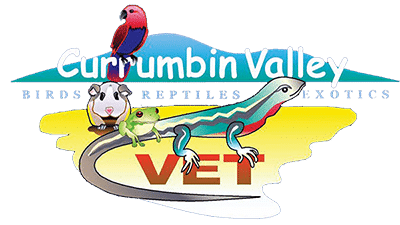
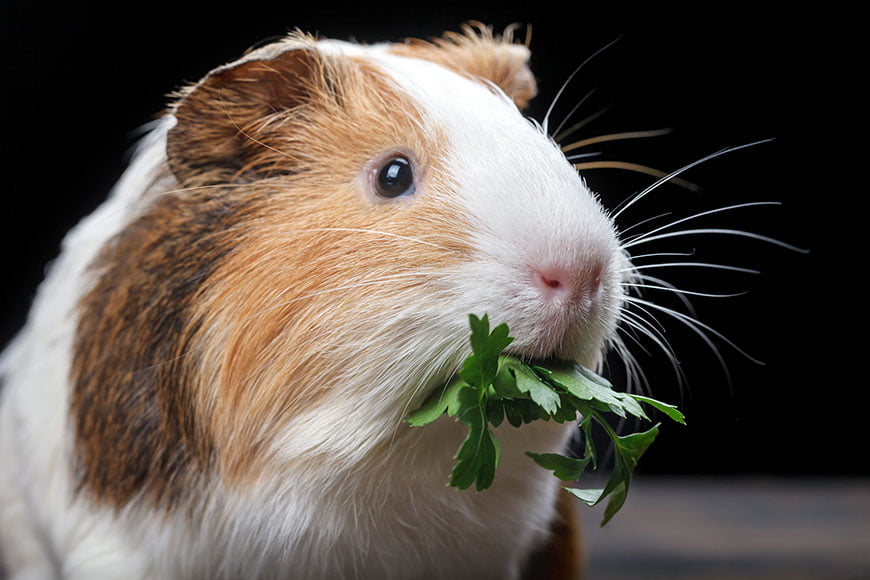

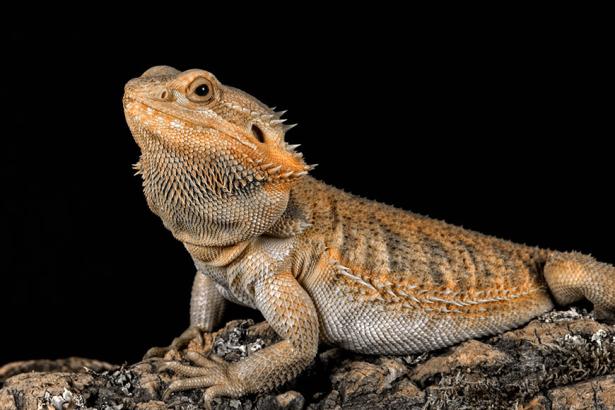
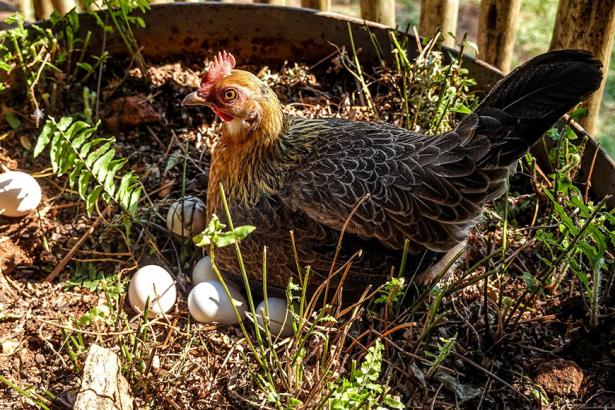
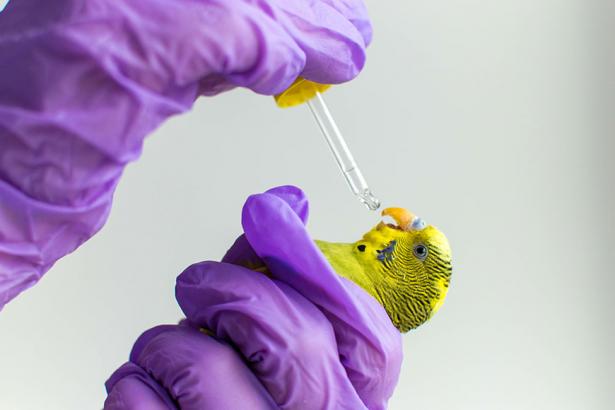
1 Comment
Comments are closed.